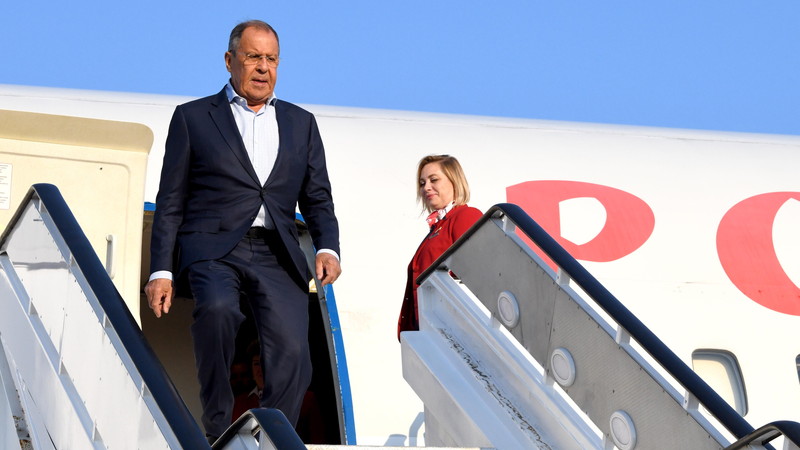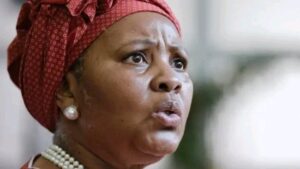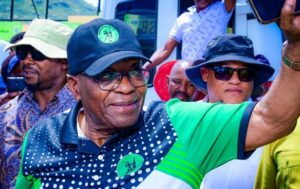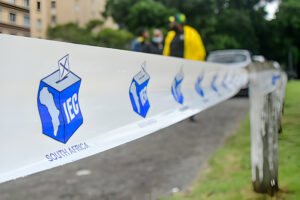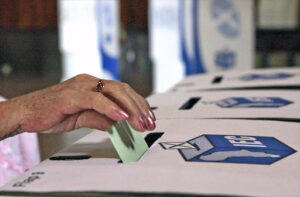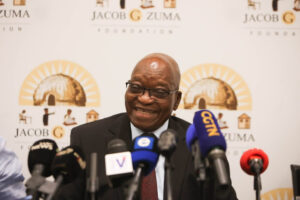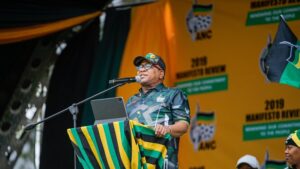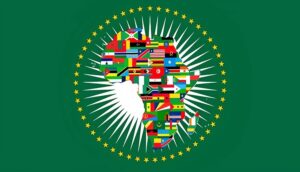Russian Foreign Affairs Minister Sergey Lavrov landed in Johannesburg, South Africa, this week to represent his country at the 15th BRICS summit. Lavrov’s personal attendance comes after Russian President Vladimir Putin decided to withdraw his physical participation from the event.
South African President Cyril Ramaphosa disclosed earlier that Putin’s absence is due to a warrant of arrest issued against him by the International Criminal Court (ICC). In lieu of an in-person appearance, Putin had initially planned to partake in the summit virtually.
Some may question why Lavrov is representing Russia instead of Putin. According to official sources, Lavrov is stepping in to lead the Russian delegation during the summit. His participation in the event is significant given that BRICS—an acronym for Brazil, Russia, India, China, and South Africa—is a group of emerging economies that share strategic interests and have been growing in global influence.
Readers might also be curious about who else is attending the summit. Alongside Lavrov, the President of Brazil has already arrived in South Africa. Chinese President Xi Jinping and Indian Prime Minister Narendra Modi are still expected to make appearances. This year’s summit has already generated headlines; ahead of the event, China resumed its beef imports from South Africa, and President Ramaphosa has spoken out in support of expanding the BRICS membership.
Lavrov is no stranger to South Africa or BRICS-related meetings. He was in the country as recently as June to take part in a meeting of BRICS Foreign Ministers in Cape Town. The gathering was not only attended by BRICS member countries but also by nations interested in joining the bloc. Following that meeting, South African Minister of International Relations and Cooperation Naledi Pandor announced that Egypt, Uruguay, the United Arab Emirates, and Bangladesh had joined as members of the BRICS Bank.
The current summit and Lavrov’s presence reflect the evolving geopolitical dynamics and how BRICS countries are positioning themselves on the global stage. It also raises questions about the role of the ICC in influencing international events, as evidenced by Putin’s absence. Whether this latest summit will lead to tangible policy shifts or new alliances remains to be seen, but what is clear is that the event itself is a focal point for key discussions among emerging global powers.

